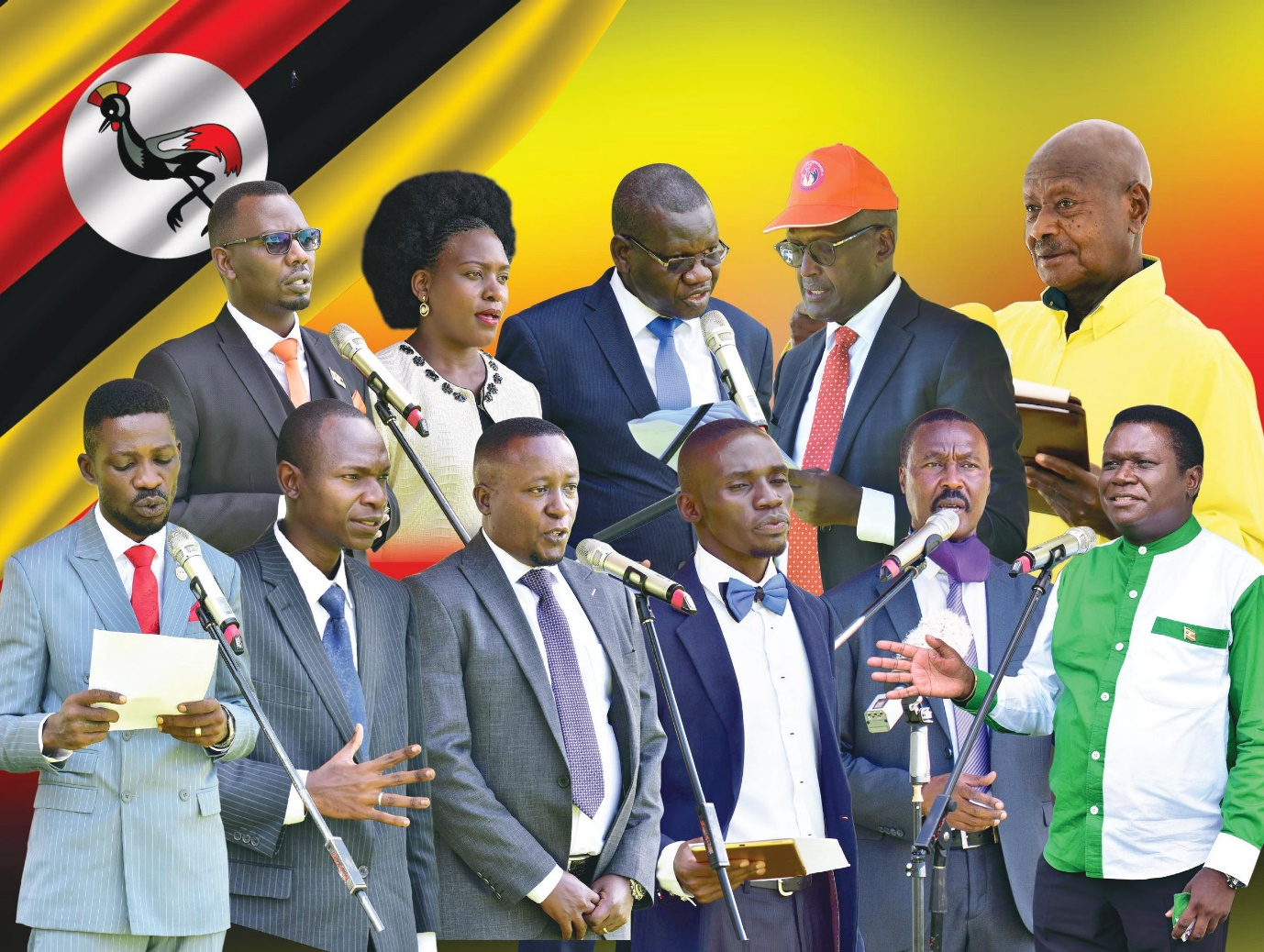By: Boy Fidel Leon
For the first time since 2001, Uganda’s presidential ballot will feature no female candidates. Despite 15 women amongst the initial 121 aspirants who expressed interest, none successfully navigated the nomination process that concluded yesterday.
The absence breaks a pattern stretching back two decades. Miria Obote ran for UPC in 2006, Beti Kamya stood for Uganda Federal Alliance in 2011, while independents Maureen Kyalya (2016) and Nancy Kalembe (2021) carried the torch in recent elections.
Of 38 candidates who returned nomination forms, only three were women: Nancy Kalembe, Yvonne Mpambara, and Nabirah Birungi. By the nomination deadline, none had qualified for the ballot.
Electoral Commission spokesperson Julius Mucunguzi defended the outcome, noting the Presidential Elections Act doesn’t mandate female representation. “The law outlines qualifications for any person aspiring to the presidency—citizenship, voter registration, university degree, and endorsement signatures from two-thirds of districts. We process nominations based on these criteria, regardless of gender.”
Nabirah Birungi’s experience reveals the challenges female aspirants face. Appearing at EC headquarters in Lweza, she expressed frustration over the nomination process.
“I returned my papers two weeks ago but received no report from them. They asked me to go back and look for more districts, which I did, but they still haven’t given me a response,” she said.
Her frustration boiled over: “If the Electoral Commission doesn’t want women in the presidential race, they should be open to us. Women can also lead a nation. I’ve spent money in districts collecting signatures, but they remain silent.”
The absence of female candidates raises questions about whether barriers are legal, practical, or cultural. Unlike parliamentary positions with affirmative action requirements ensuring women’s representation, the presidency operates under gender-neutral qualification criteria.
However, the practical challenges of raising funds for countrywide signature collection, building political networks, accessing media platforms, may disproportionately affect women in Uganda’s male-dominated political landscape.
Previous female presidential candidates faced uphill battles but demonstrated women’s political ambitions exist. Miria Obote brought political pedigree as former president Milton Obote’s widow. Beti Kamya leveraged her parliamentary experience and media profile. The independent candidates showed determination despite limited resources.
Their participation, while often symbolic, kept the door open for future female aspirants. That door appears firmly closed for 2026.
The all-male presidential field sends mixed signals about Uganda’s democratic progress. While the country has achieved notable female representation in parliament and cabinet positions, the highest office remains exclusively male territory.
For voters seeking gender diversity in leadership options, the 2026 election offers no alternatives. Whether this reflects women’s lack of interest, structural barriers, or electoral system failures remains debatable.
The Electoral Commission’s technical response, that the law doesn’t require female candidates, misses the broader question of whether Uganda’s political system enables meaningful female participation at the highest levels.
As the campaign season begins, the absence of women from the presidential race represents a step backward for gender representation in Uganda’s most visible political contest.


